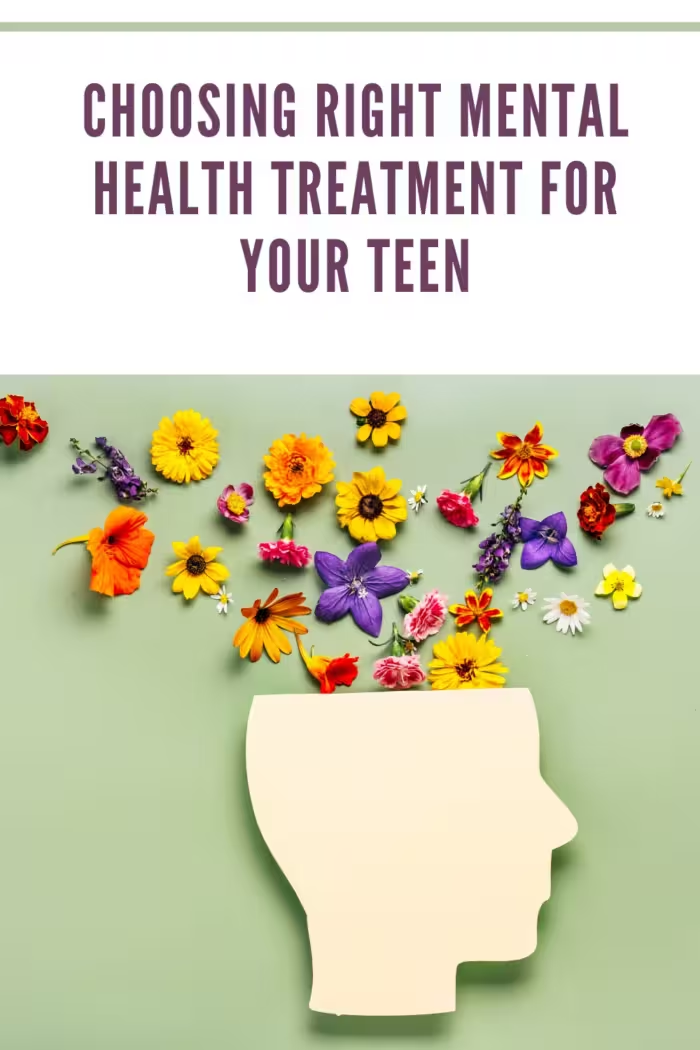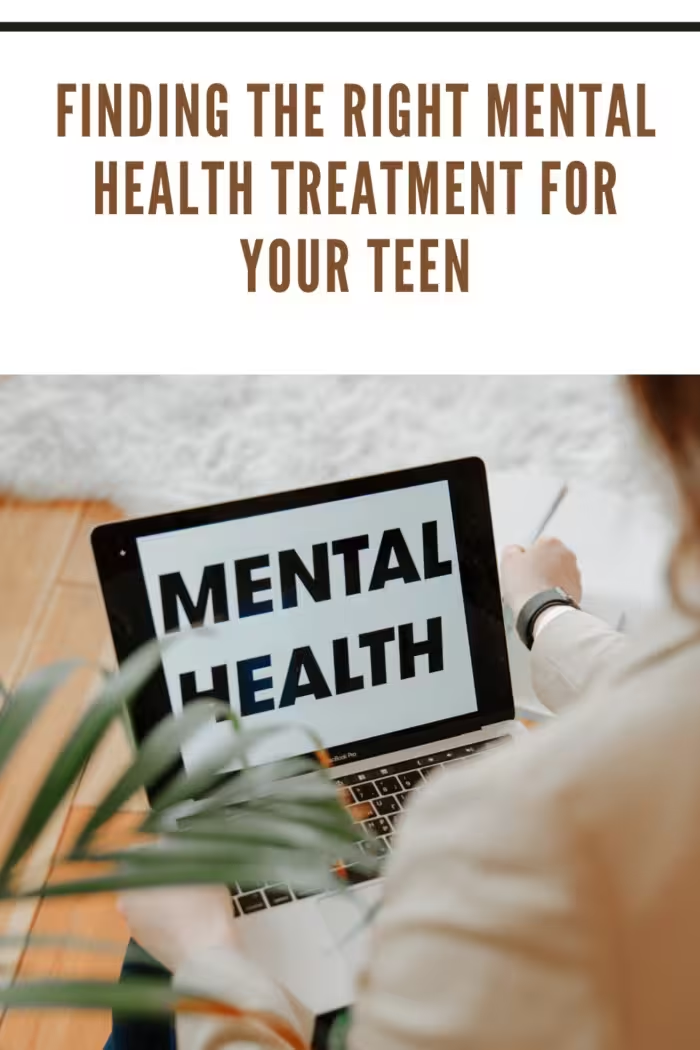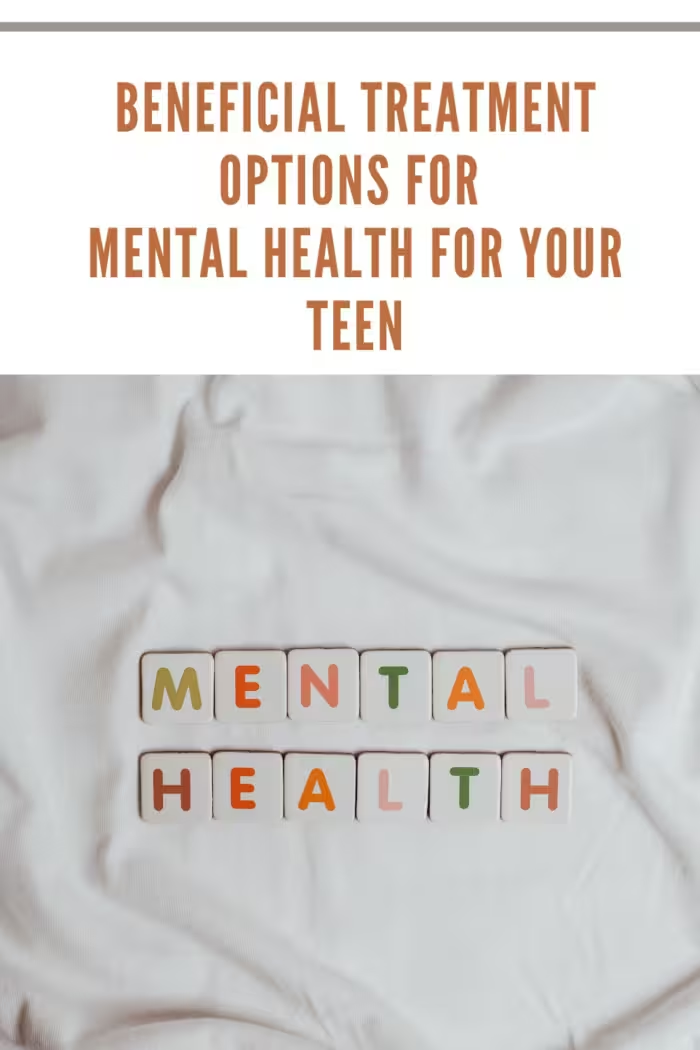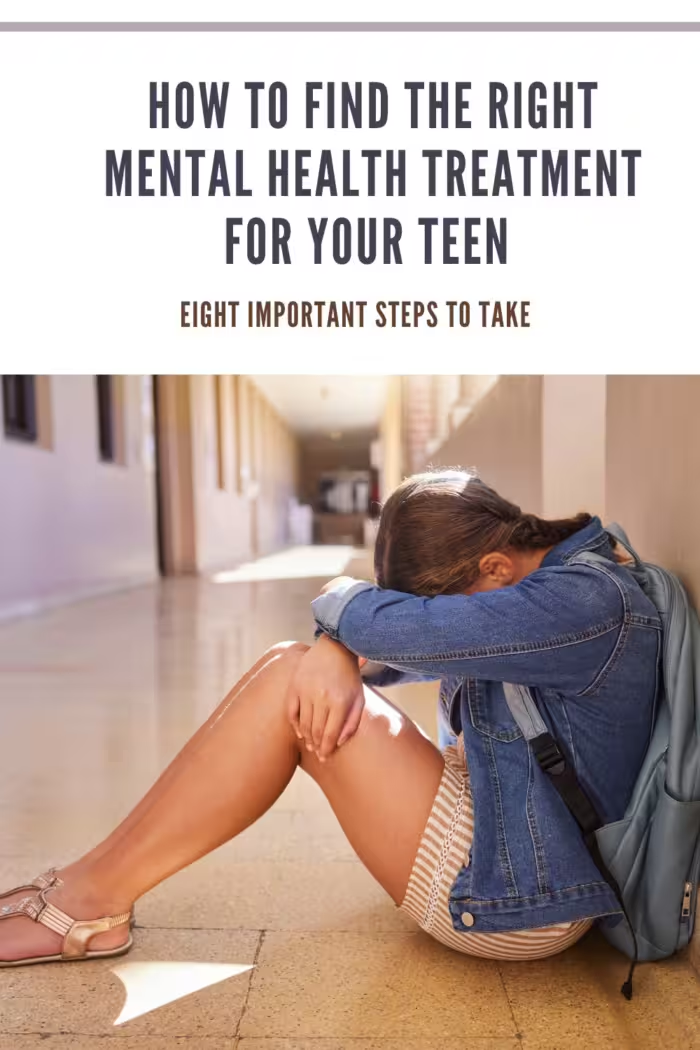If you believe your teenage son or daughter is suffering from mental health problems, it is time to talk to them and assist them in getting the right course of treatment.

How to Find the Right Mental Health Treatment for Your Teen:
Here are eight important steps all parents should take when finding the right mental health treatment for their teens.
-
Recognize and Acknowledge Their Need for Help
Firstly, it is crucial that you know how to spot signs that your teenager might be struggling with mental health challenges.
Symptoms can encompass a broad spectrum. They can include chronic mood swings, social withdrawal, declining school performance, and obsessive behaviors.
-
Engage in Open Conversation
The next step involves initiating a conversation with your teen about their mental health.
This conversation has to be respectful and supportive. Essentially, you are creating a safe space where they feel comfortable discussing their feelings.
-
Seek Professional Advice
Once the discussion is underway and concerns are raised, reach out to a mental health professional like a psychiatrist or clinical psychologist.
You can start with your family doctor who could recommend specialists if necessary.
-
Get a Diagnosis
The mental health professional your teenager consults will help to diagnose the issue, if there is a specific mental health condition, using scientific diagnostic tools, such as questionnaires or interviews.
This diagnosis forms the basis for understanding what treatment options will be suitable.
-
Explore Treatment Options with Your Teen and a Mental Healthcare Professional
Post-diagnosis, explore treatment options that are suitable specifically for teenagers with your healthcare provider’s guidance.
The treatment process might involve therapy, medication, or lifestyle changes, depending on the specific condition and the extent of the condition.

Beneficial Treatment Options for Mental Health
Here are some of the common treatment options for mental health issues that could be beneficial to your teen.
Therapy Sessions
Your teenager’s treatment plan may include several types of therapy sessions.
One such therapeutic approach is Cognitive Behavioral Therapy, which can be instrumental in managing conditions like anxiety or depression.
With CBT, individuals learn to identify and change destructive or disturbing thought patterns that negatively influence their behavior.
Eye Movement Desensitization and Reprocessing Therapy
Eye Movement Desensitization and Reprocessing, which is more commonly known as EMDR, can be an effective treatment for conditions like PTSD, C-PTSD (complex post-traumatic stress disorder), and trauma-related anxiety.
It aids people in reducing distress associated with traumatic memories. The treatment operates on the belief that our brains have an inherent capacity to heal from psychological traumas, just like how our body heals from physical injuries.
The way EMDR works is unique: it employs bilateral sensory input, such as side-to-side eye movements. During the therapy session, your teen would follow the therapist’s finger movements with their eyes while recalling the distressing memory.
This process helps in reframing negative beliefs connected to traumatic experiences into more positive cognitive frameworks.
Seeing as this treatment is relatively new, many people ask: is EMDR safe? Well, there are no dangers associated with it, but like virtually all treatments, there can be potential side effects. That is why it is always best to consult a professional before deciding on a course of treatment.
Lifestyle Changes
In addition to professional treatments and therapies such as CBT or EMDR, alterations in lifestyle can play an essential role in supporting your teen’s overall mental health.
These might encompass dietary adjustments, increased physical activity, mindfulness exercises, or implementing a regular sleeping pattern. Commitment to these elements can help empower teens amidst their recovery process.
Medications
In some extreme instances, medication management could form part of the treatment strategy.
While this aspect should be handled delicately, given the potential side effects that can arise from certain meds in adolescents, when guided responsibly under professional watch, medication could become an important tool for managing severe symptoms or specific diagnoses like bipolar disorder.
-
Monitor Progress
Once the treatment process begins, it is important to monitor your teen’s progress closely.
Factors such as their response to the treatment or side effects of medication need close observation.
-
Be Patient
Understanding that mental health recovery takes time is important, both for you and your teenager.
It requires patience because progress may be slow and fraught with setbacks. However, consistent support can make a significant difference.

-
Foster Communication
Through all these steps, maintain an open line of communication with your teen and everyone involved in your teenager’s wellbeing, including family members, close friends, and the healthcare professionals involved in your teen’s treatment journey.
And remember: the more support your son or daughter gets, the easier it will be for them to turn things around.
